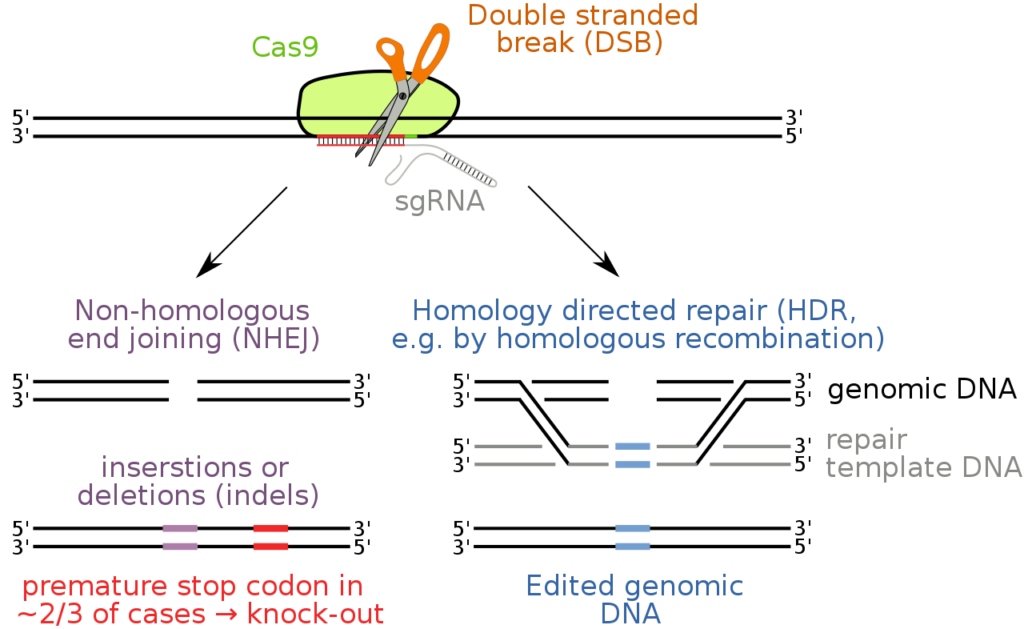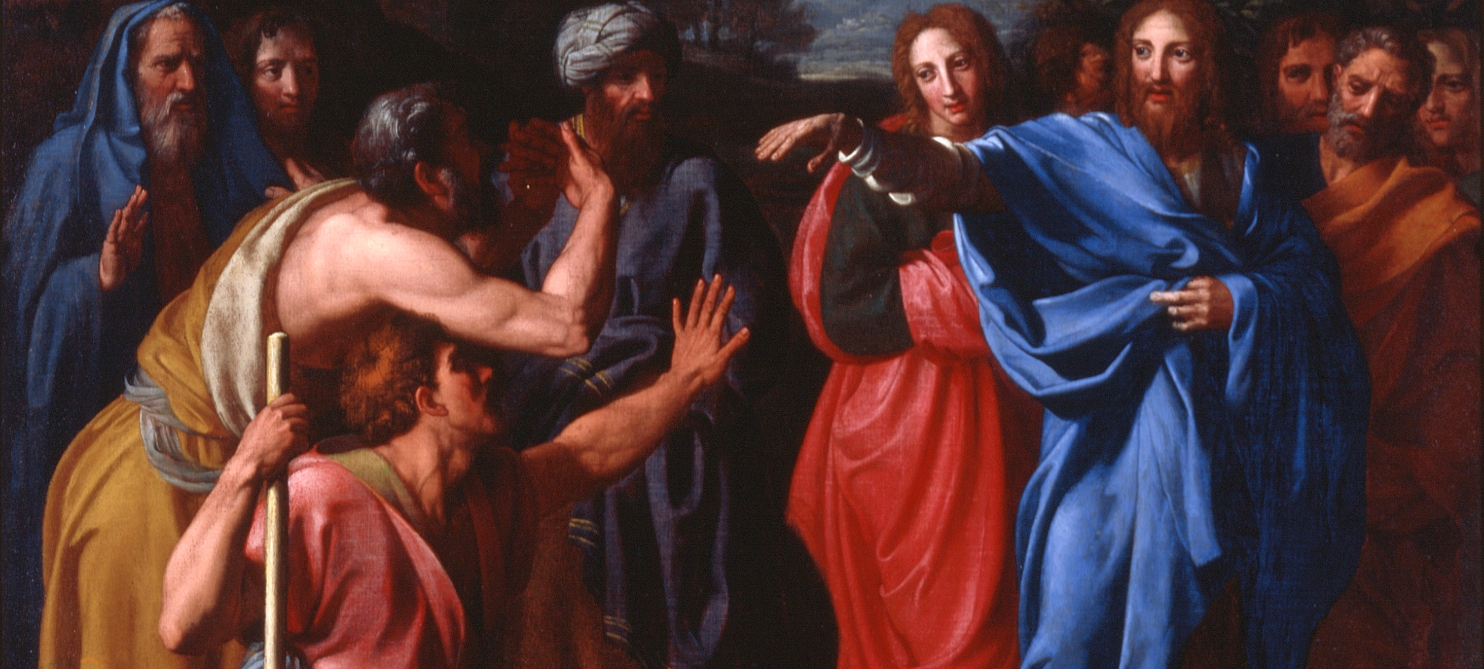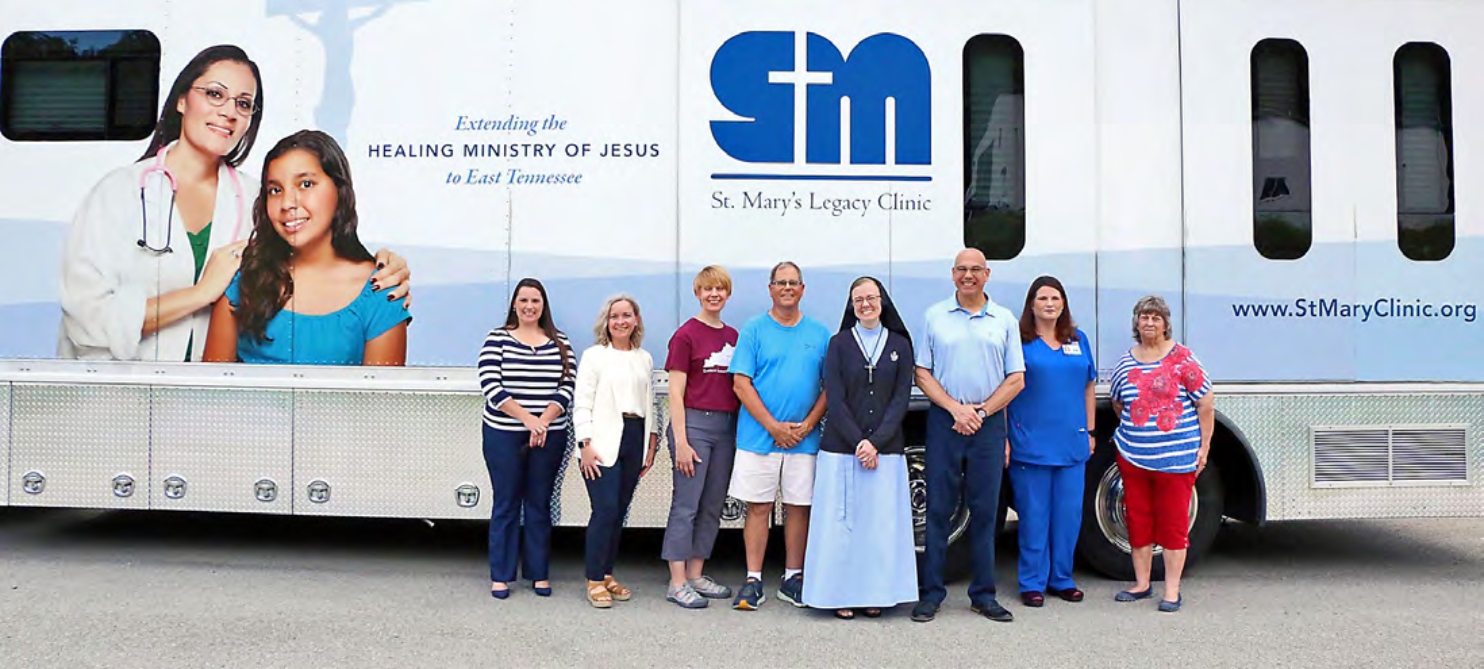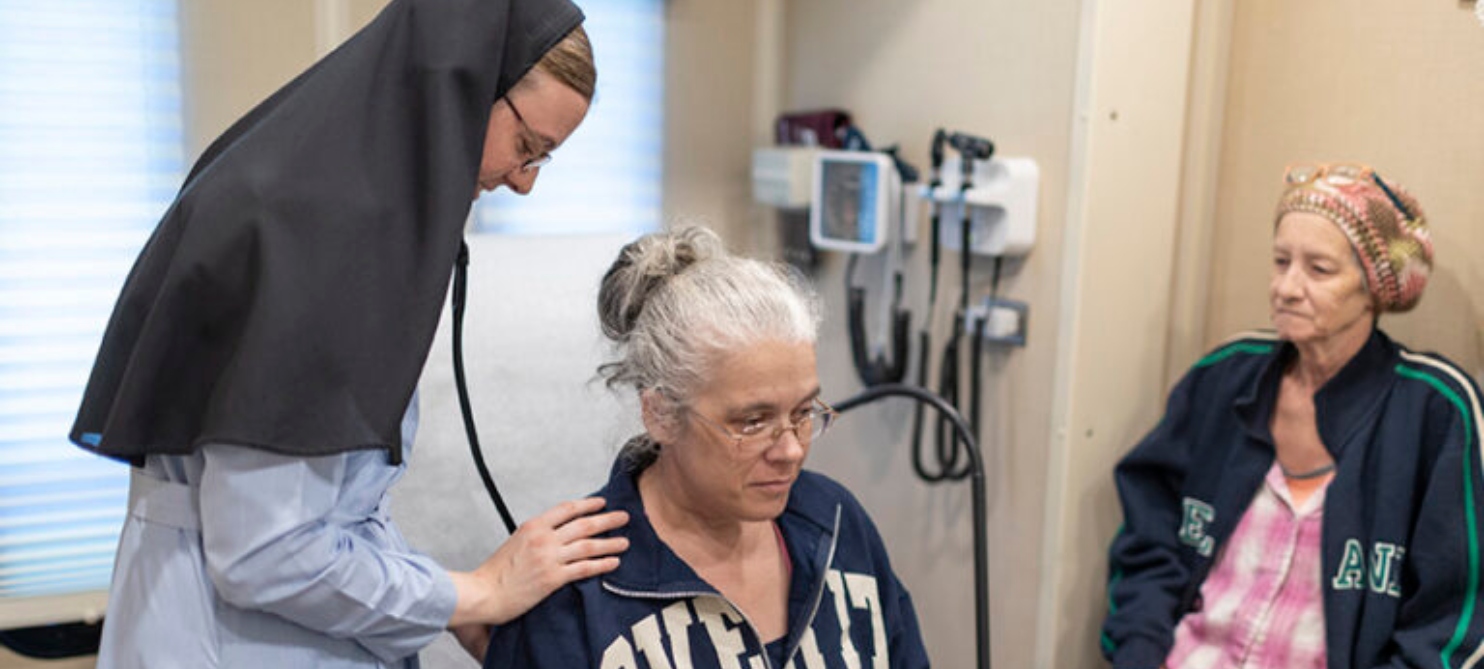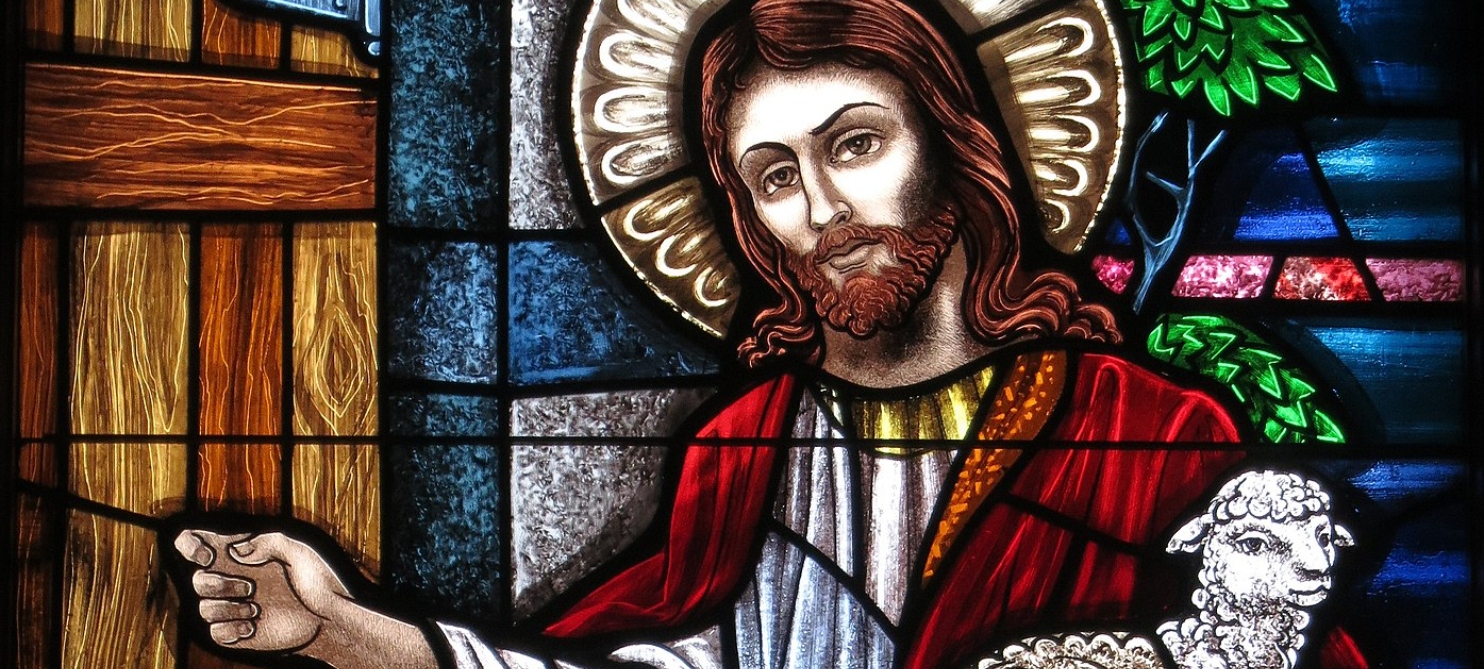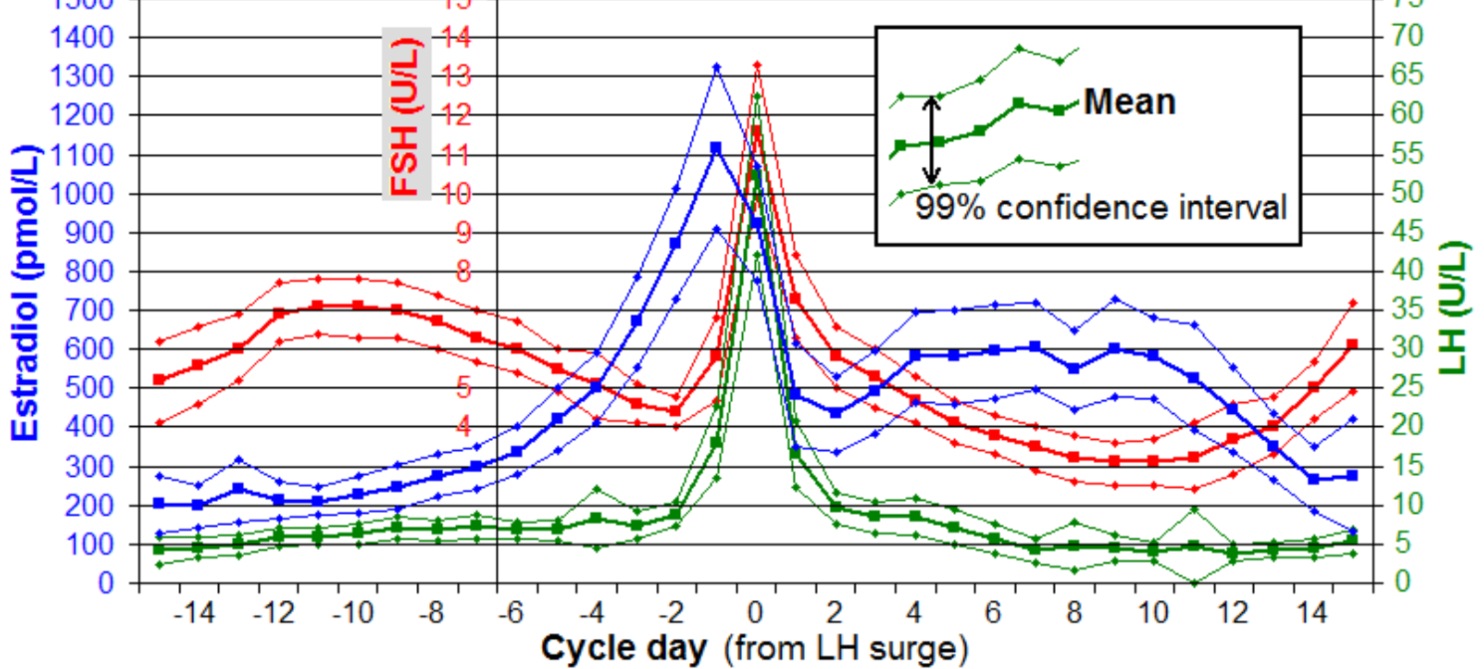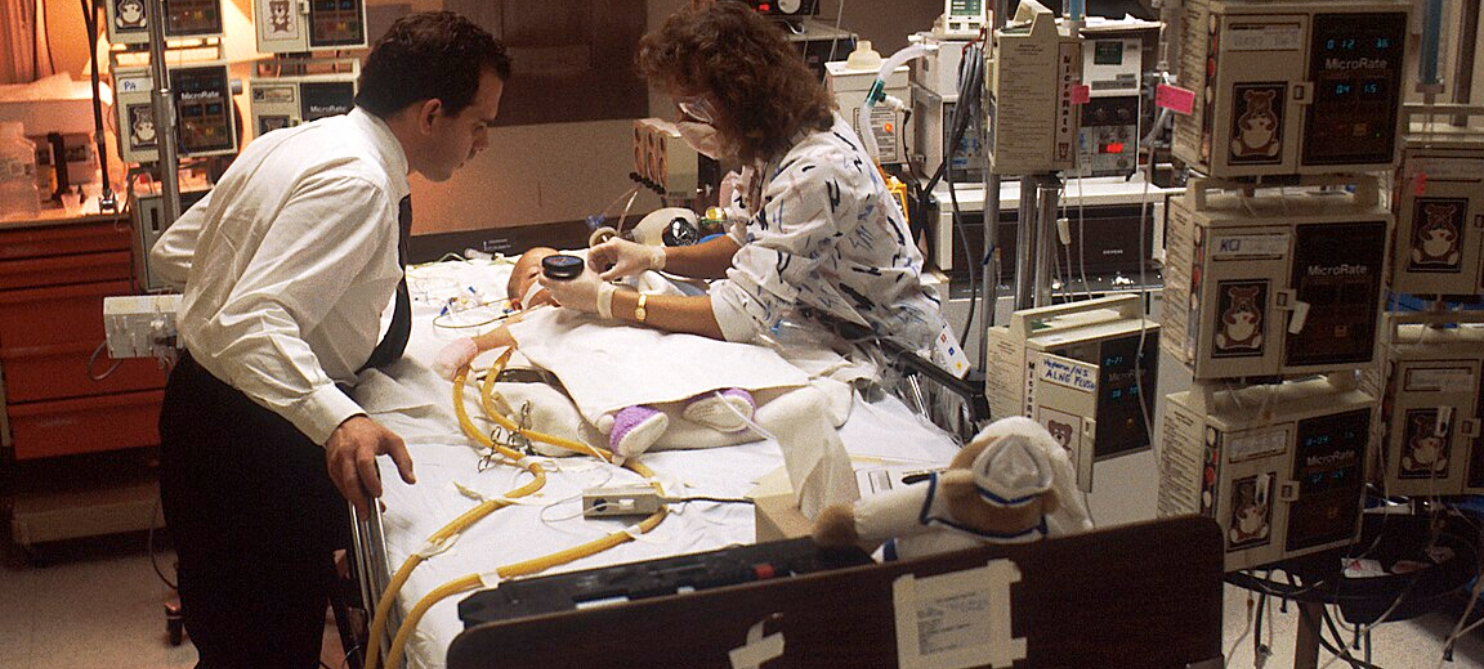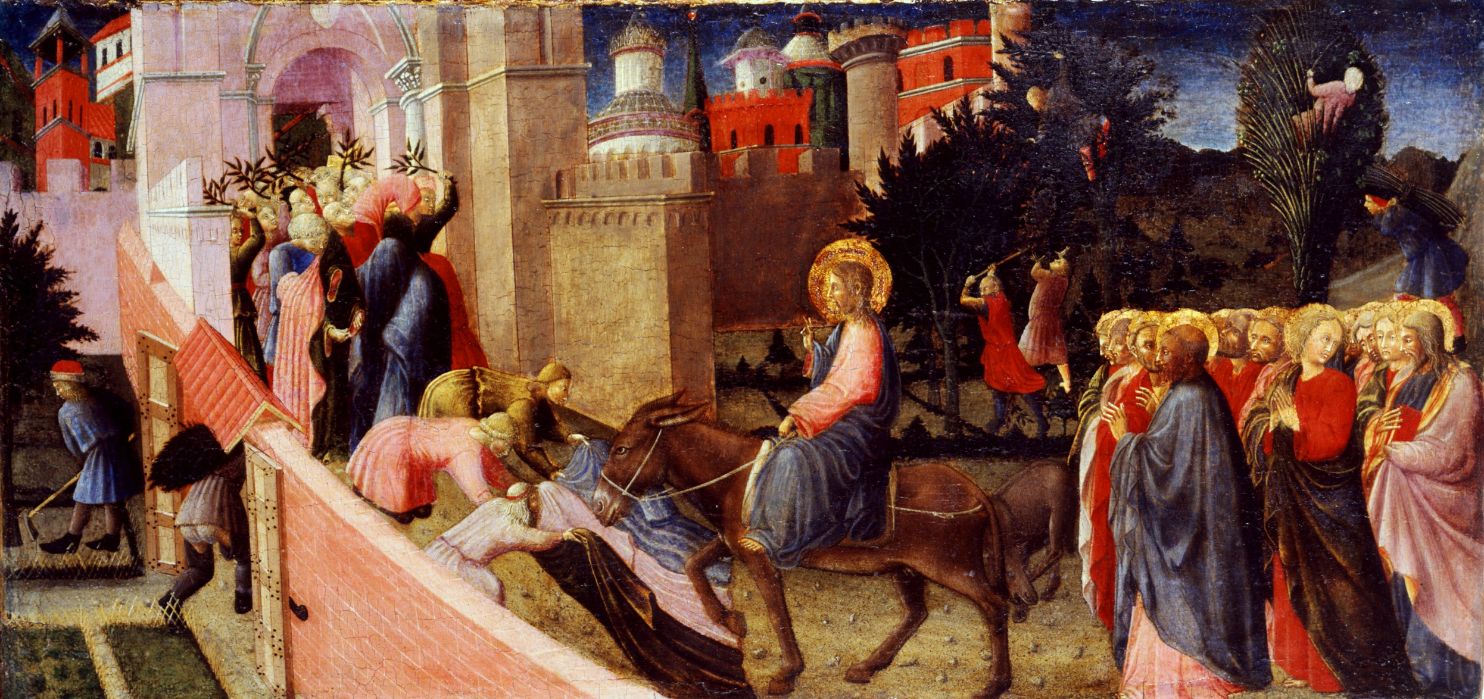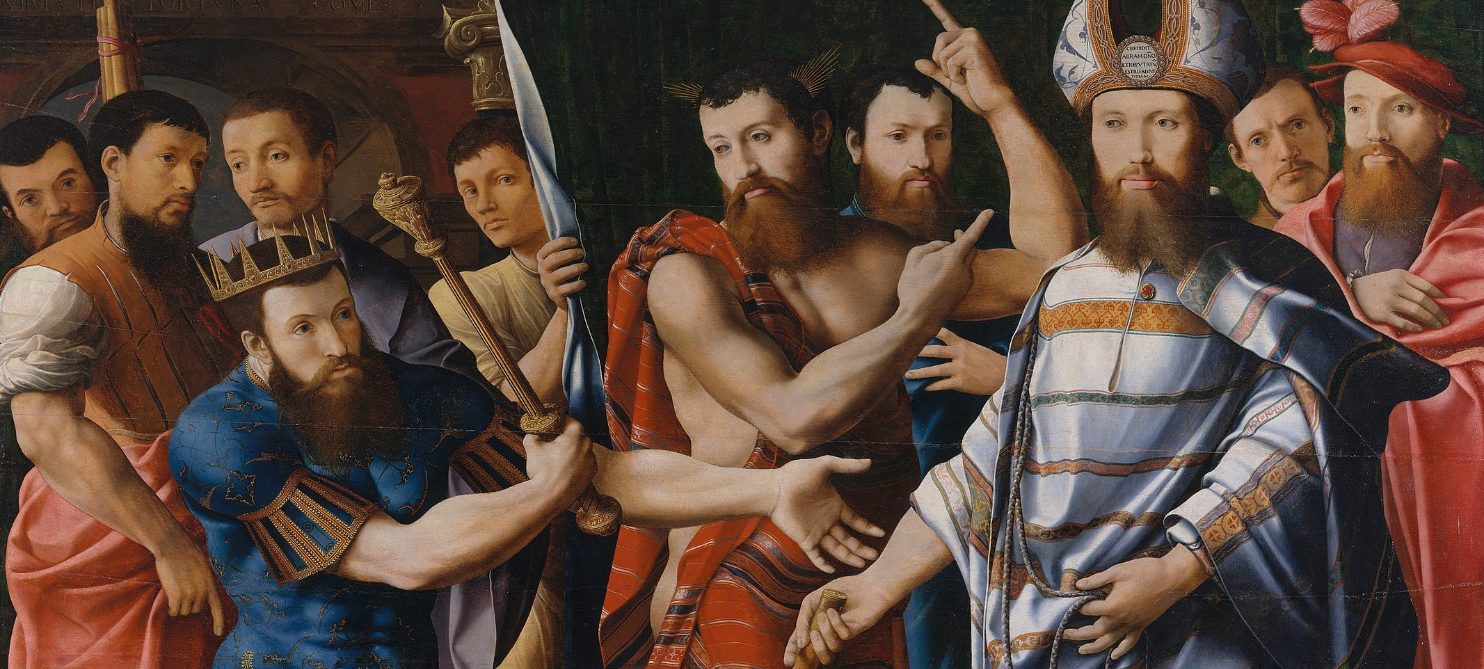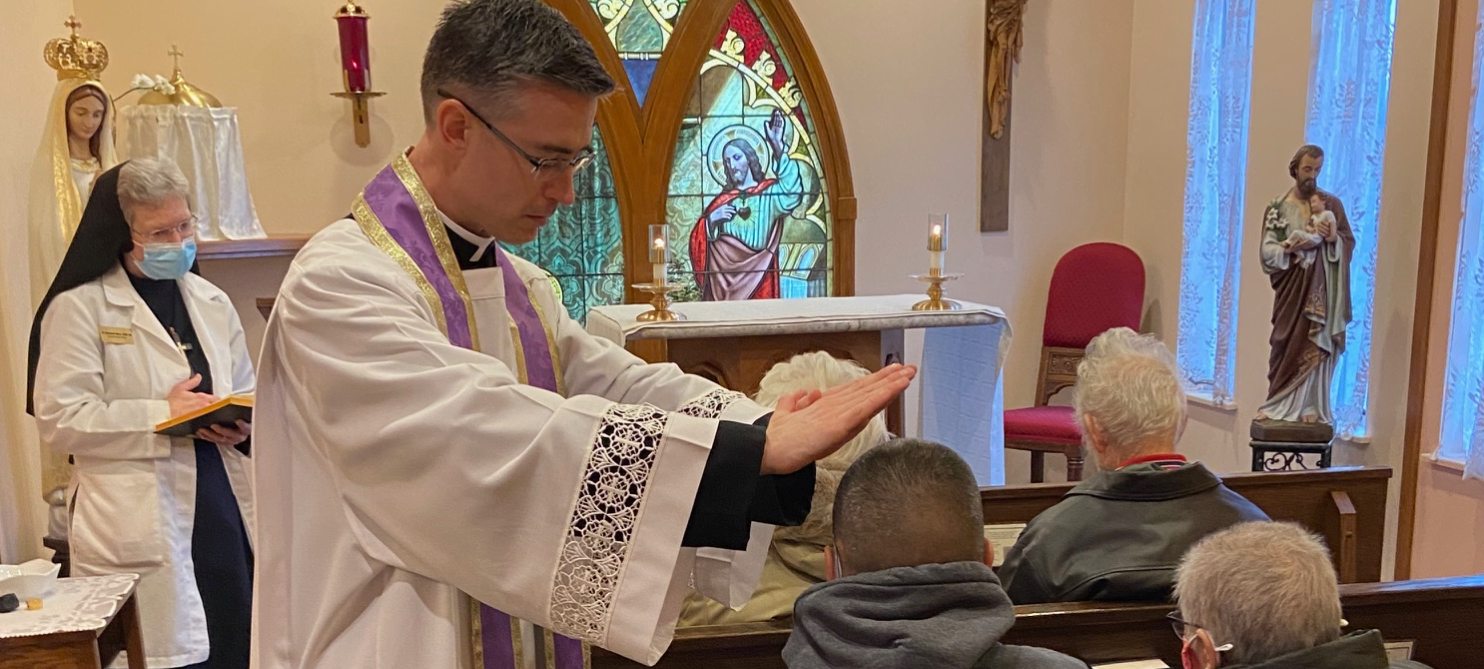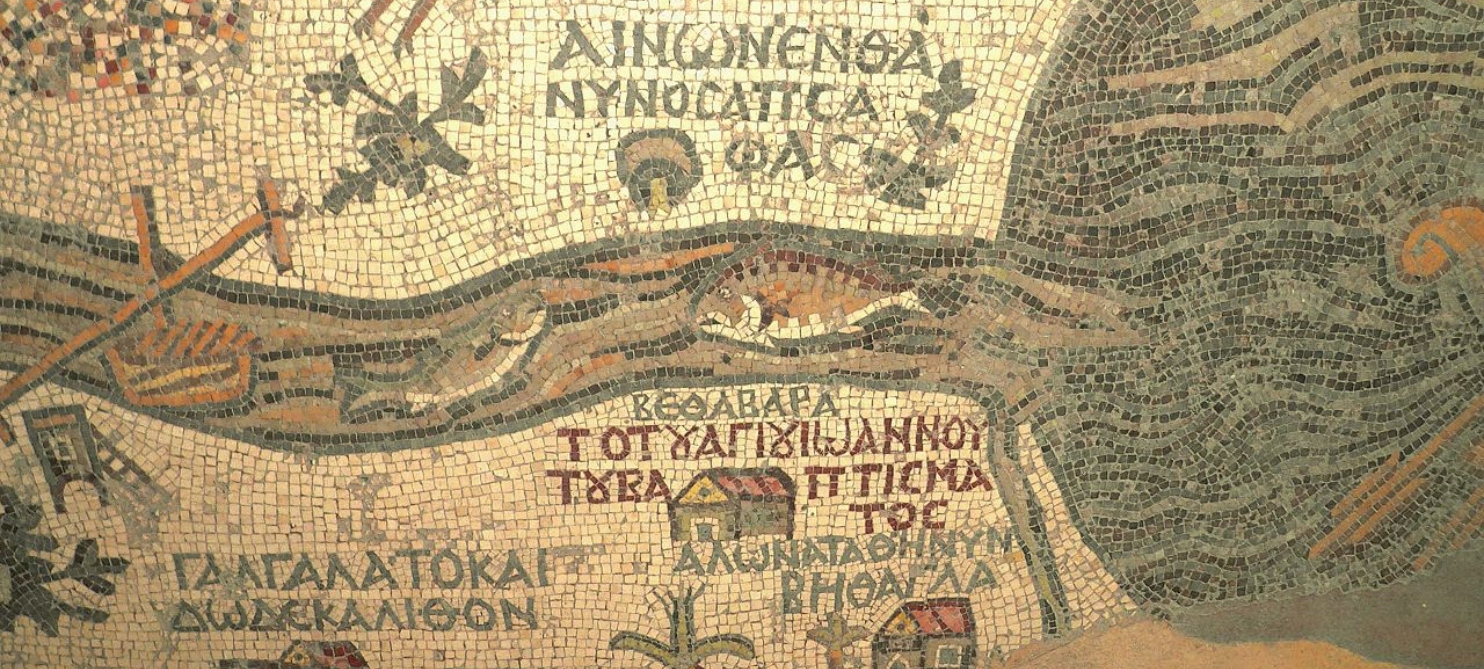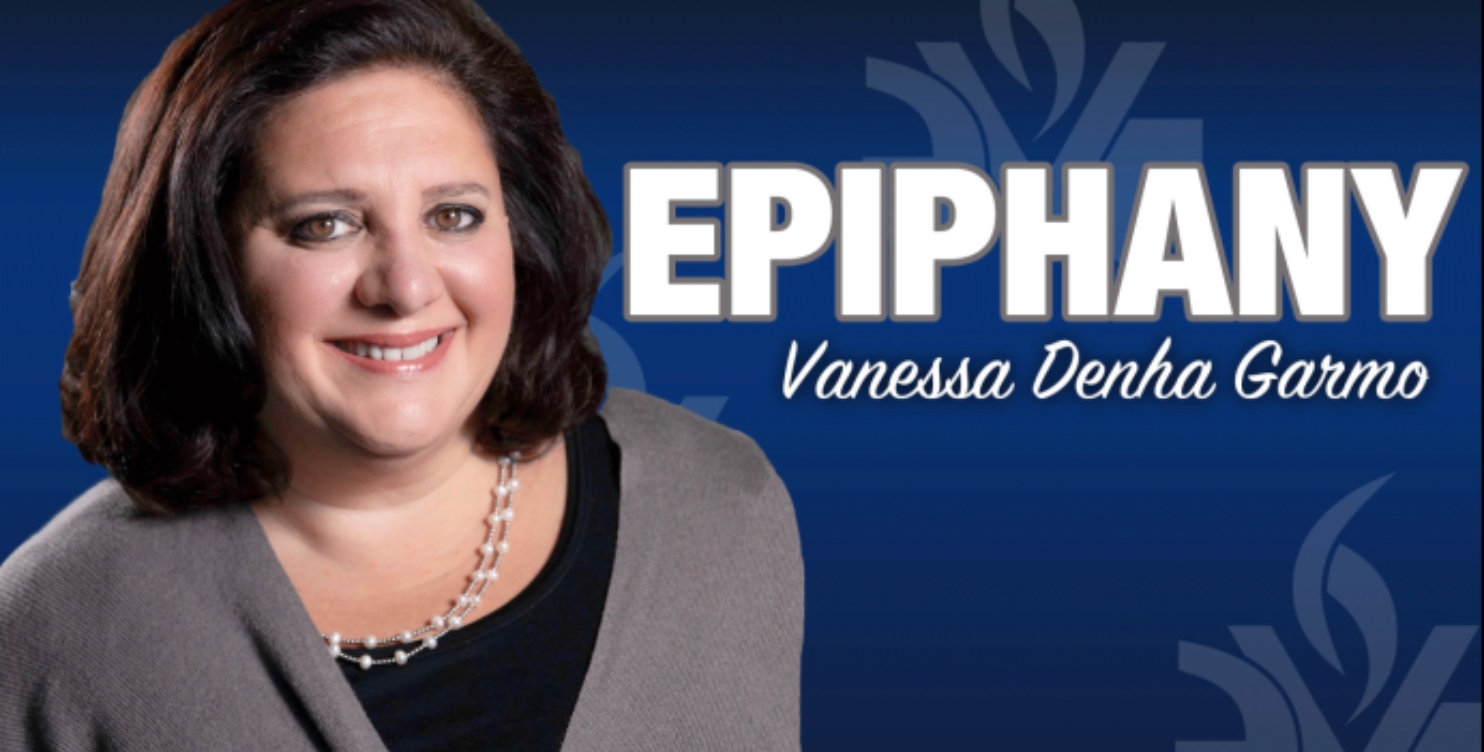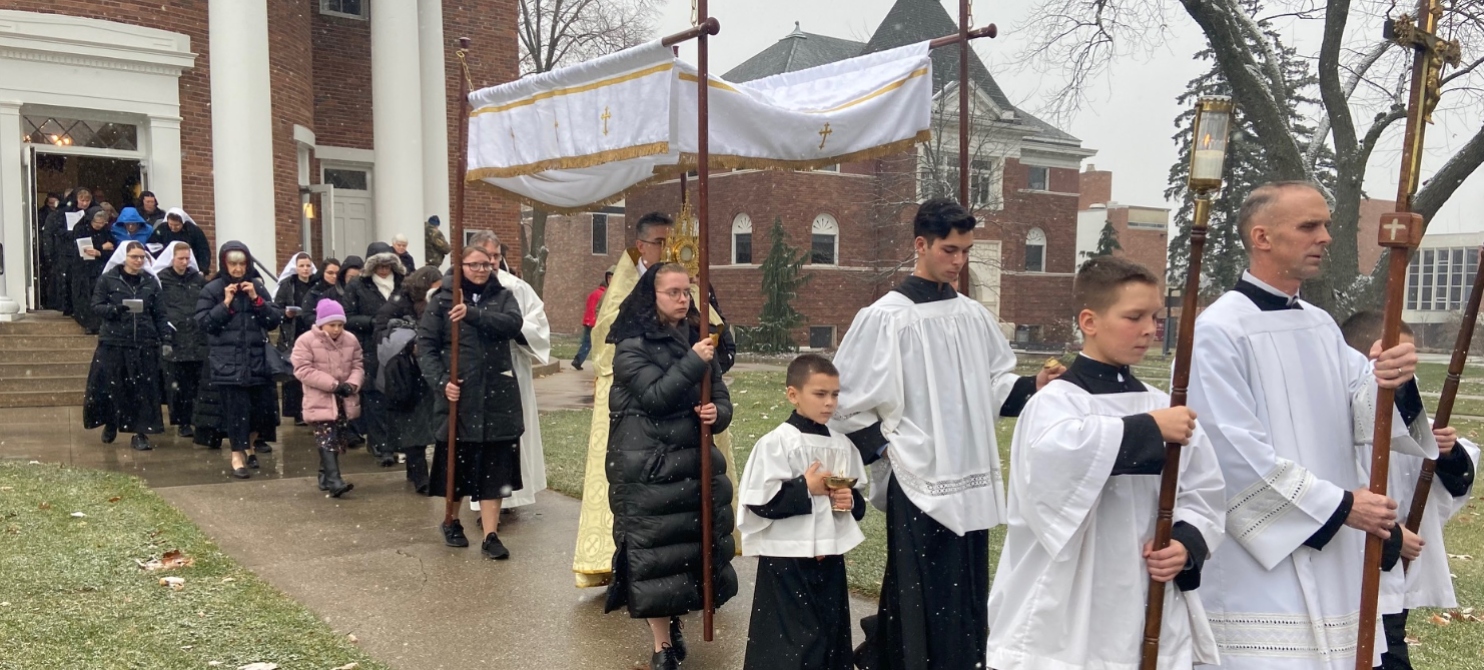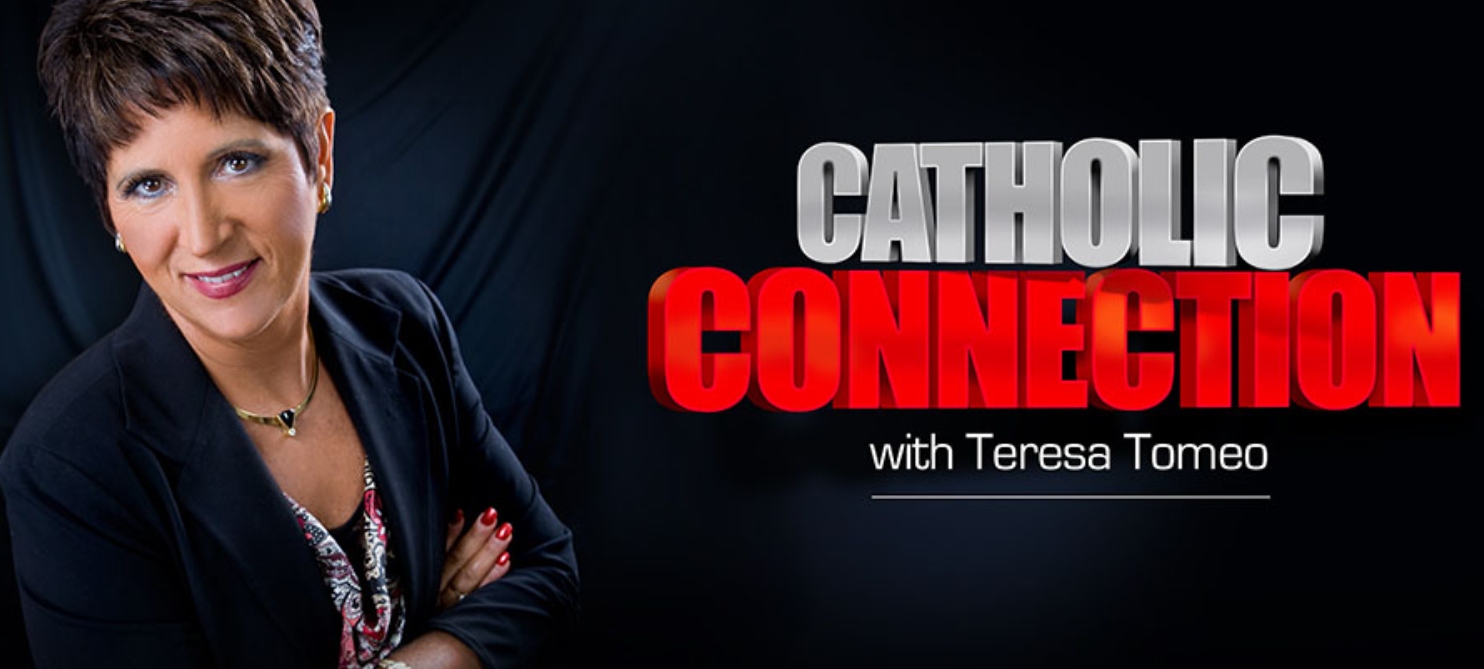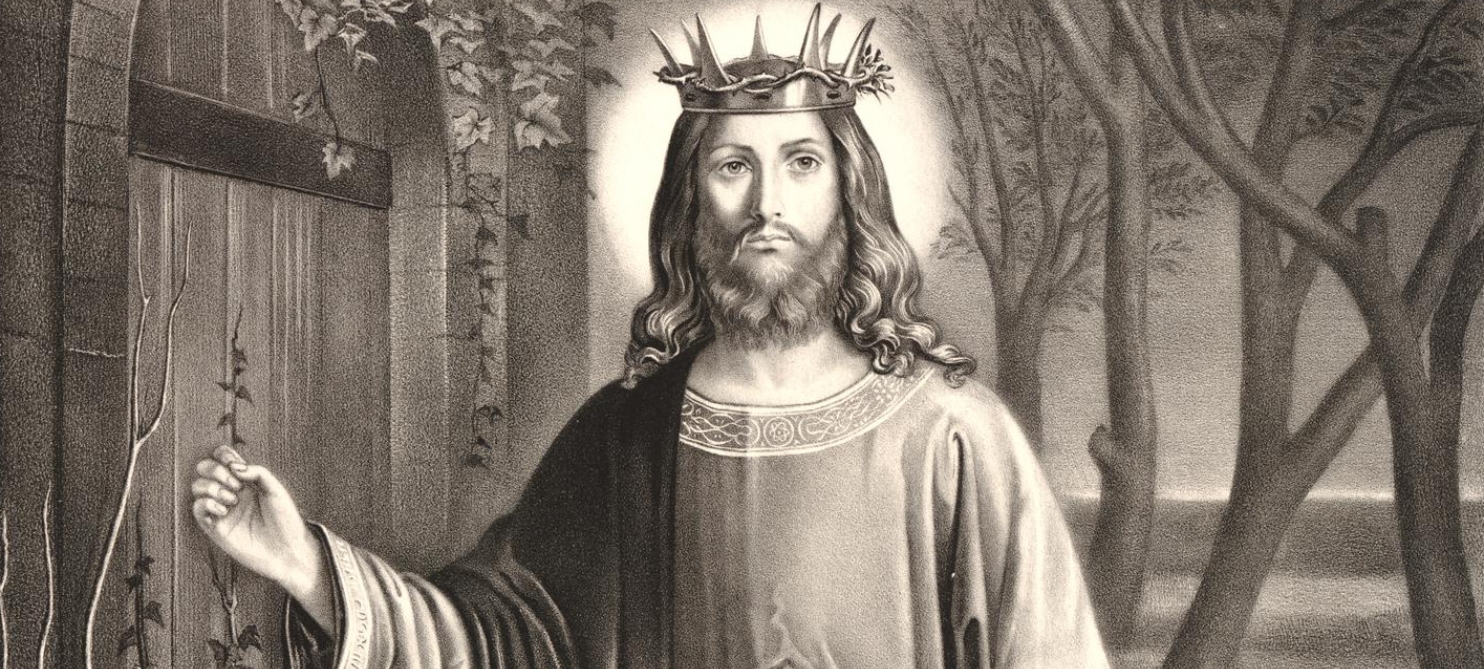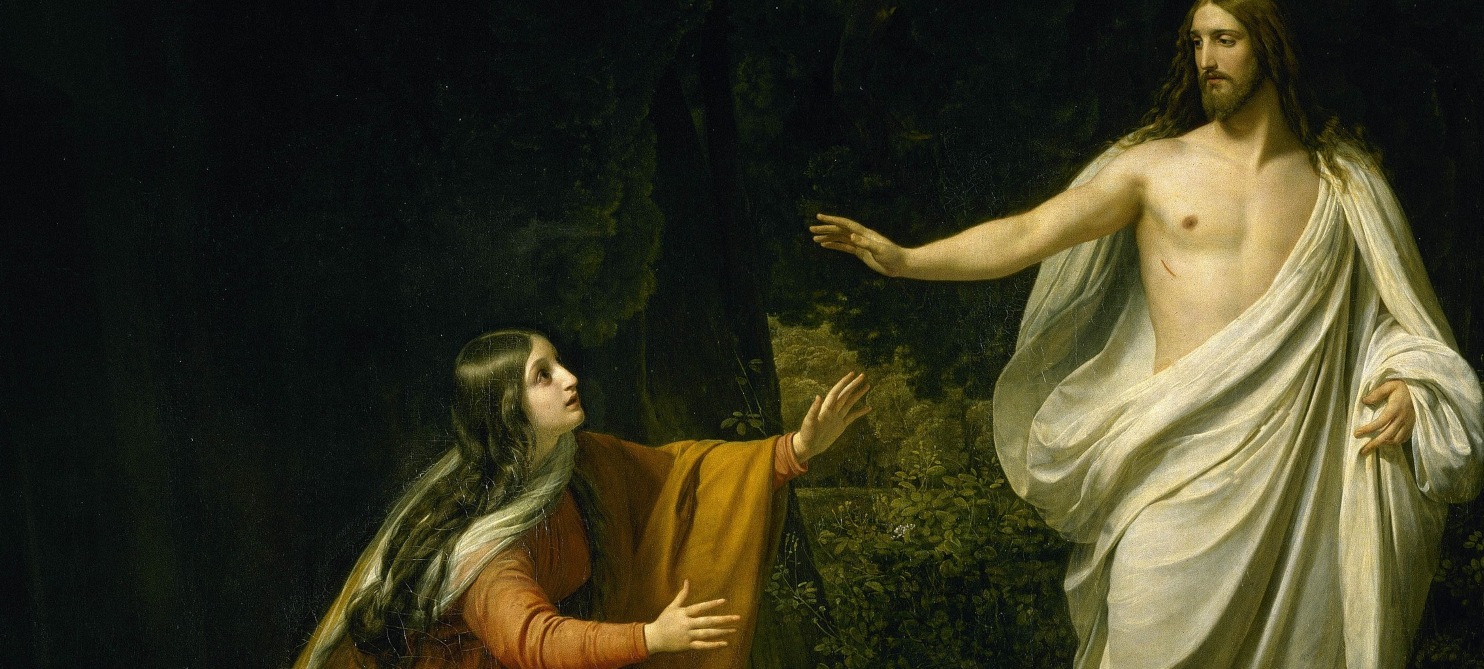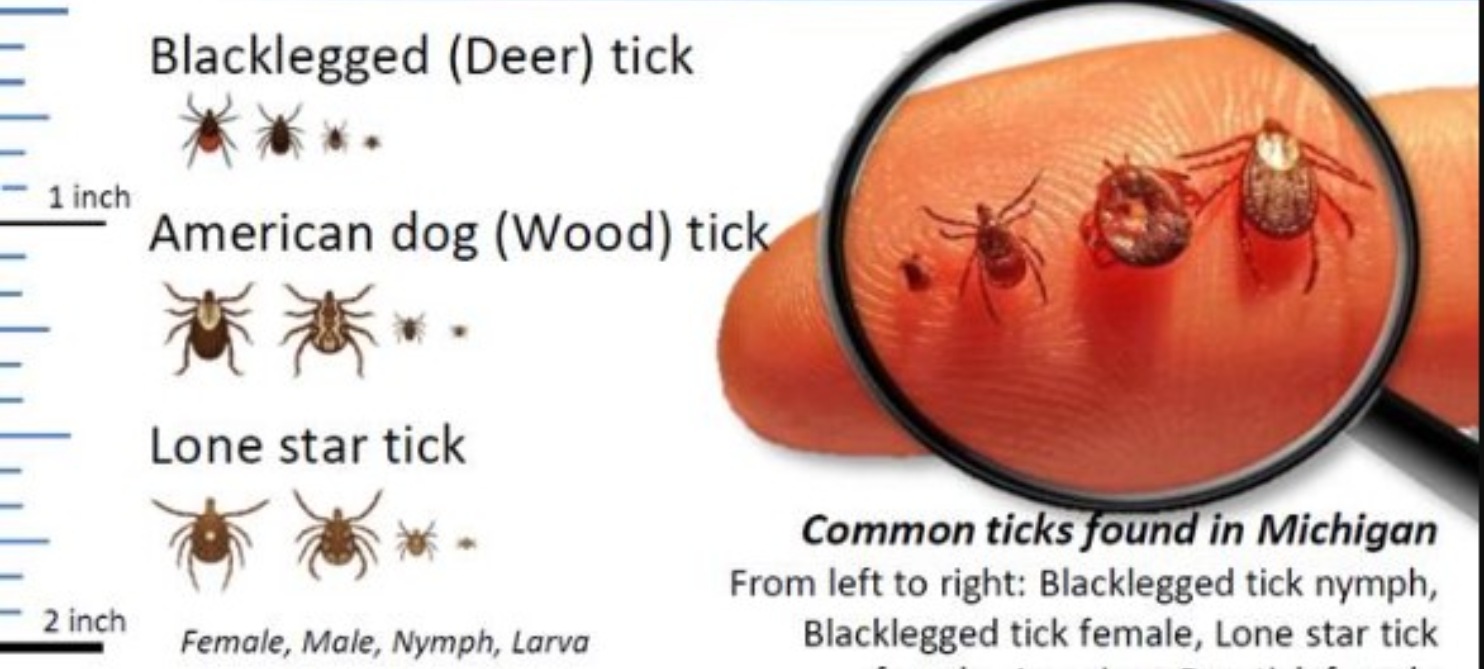If you attended Dr. Hurlbut’s lecture, you may claim your continuing education credits at this link or by scanning the QR code.
Claim Your Credits Now
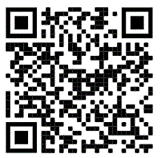
Listen to The Challenge and Opportunity of Genome Editing: Scientific and Ethical Considerations
Annual Saint Luke’s Lecture
Thursday, October 20, 2022
Lecture from 7:30-8:30 pm with dinner at 6:30 pm.
The Challenge and Opportunity of Genome Editing: Scientific and Ethical Considerations
Presented by Dr. William Hurlbut, MD, Stanford University
Sponsored by:
Sacred Heart Mercy Health Care Center &
The Religious Sisters of Mercy of Alma, Michigan
Target Audience:
Medical professionals and general audience with interest in the challenges of advancing biotechnology, but with a special focus for those working in bioethics or medicine.
Abstract and objectives:
In what MIT Tech Review has called the “biggest biotech discovery of the century,” CRISPR/Cas9 and related techniques promise easy-to-do, inexpensive, and highly precise genetic deletions, insertions, and functional manipulations to basic genetic processes across the full spectrum of living beings. This holds great promise for advances in agriculture, animal studies, and fundamental biomedical research, but raises difficult questions when applied to direct interventions in human life.
This presentation will include a range of possible applications of CRISPR in medical therapy and basic research, with a particular emphasis on the ethical dilemmas associated with germ line editing and research on human embryos. Acknowledging the inseparable relationship of these issues from advances in in vitro fertilization, stem cell research, cloning, synthetic biology, and research on human/animal chimeras, Dr Hurlbut will seek comprehensive principles that can, at once, open medical advance while upholding the intrinsic dignity of the human person.
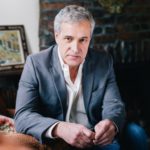
Dr. William Hurlbut, MD
William B. Hurlbut is a physician and Adjunct Professor in the Department of Neurobiology at Stanford University Medical Center. His primary areas of interest involve the ethical issues associated with advancing biomedical technology, the biological basis of moral awareness, and studies in the integration of theology and philosophy of biology. He has co-chaired three interdisciplinary faculty projects at Stanford: “Becoming Human: The Evolutionary Origins of Spiritual, Religious and Moral Awareness,” “Brain Mind and Emergence,” and (ongoing) “The Boundaries of Humanity: Human, Animals, and Machines in the Age of Biotechnology.” In addition, he was Co-leader, with Professor Jennifer Doudna (2020 Noble Laureate), of “The challenge and opportunity of gene editing: a project for reflection, deliberation and education.” From 2002-2009 Dr. Hurlbut served on the President’s Council on Bioethics.
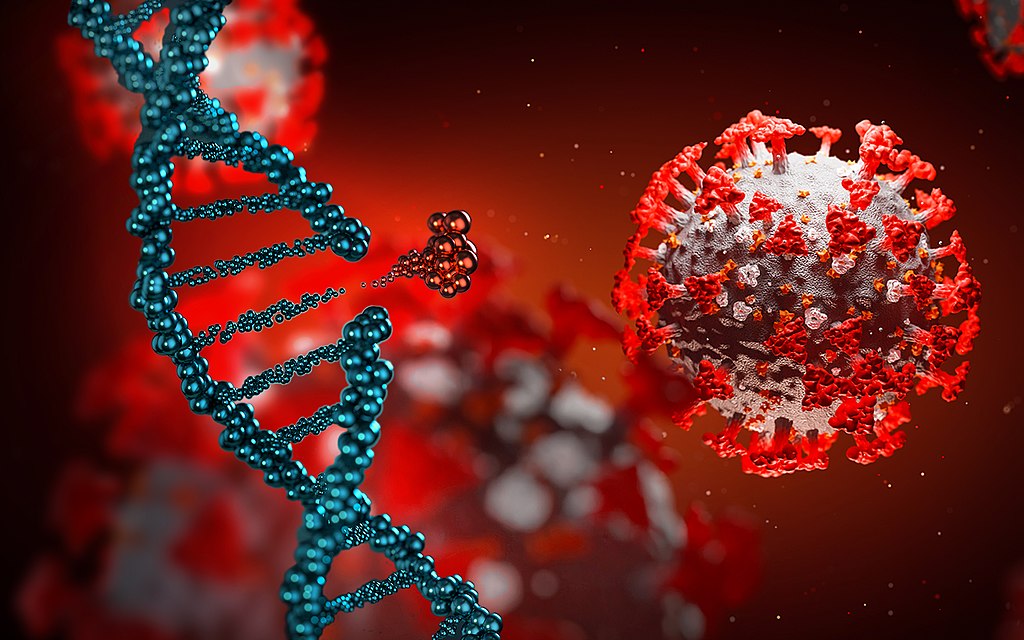
Sandia biochemist and virologist are conducting research using CRISPR-based technology to genetically engineer a deployable antiviral countermeasure for COVID- 19 Their goal is to create an antiviral that will be customizable to respond to many different viruses, including coronavirus. U.S. Department of Energy from United States
